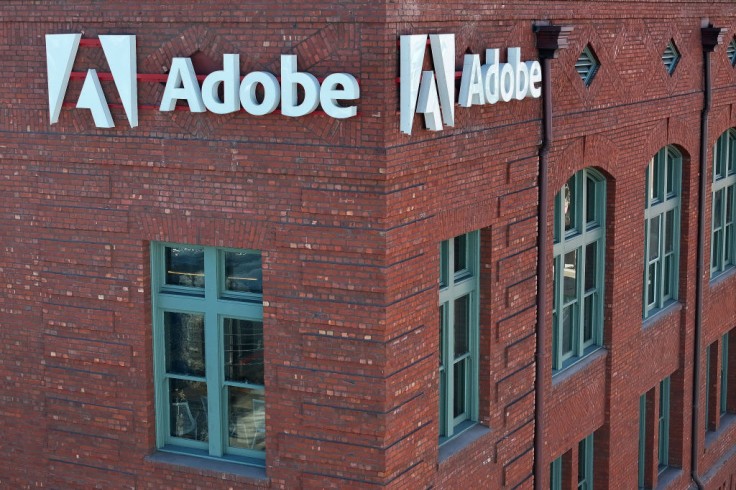Adobe is willing to buy your videos $3 per minute to train its upcoming text-to-video generative AI model in order to compete with OpenAI's Sora, Bloomberg reported.
According to the documents obtained by Bloomberg, people can submit videos depicting everyday life, actions, and emotions.

Compensation fees are much higher for professional photographers and artists which Adobe is reportedly willing to pay up to $120.
It is not yet certain when will Adobe release the new AI model or which editing software will receive the new tool.
Reports of Adobe's plan to release a generative AI video tool were first noted a week ago via Quartz after the graphics software firm revealed a suite of new AI models.
Tech Giants Vs OpenAI on Text-to-Video Generative Models
Adobe's move to build its own video-generating AI follows other tech giants and AI firms competing against the near-realistic results in Sora AI.
So far, several tech companies have started restricting OpenAI's access to data sources to train its model as they build their own models, possibly from the same platforms.
YouTube, which was owned by Google, earlier told OpenAI to stop training Sora from the videos scraped from the platform.
A few days later, The New York Times published an article detailing that it was not only OpenAI violating copyright policies on YouTube by using videos to train its models, it was Google and Meta too.
According to the report, the tech firms took millions of hours of YouTube videos and podcasts into transcripts for its AI chatbots.
Related Article : Google Will Use Reddit Content to Train Its AI Models
Tech Firms Prey on Customers for AI Training Data
With no standard laws yet in the US on AI use and development, more startups are moving to use their customer data to build their AI models even at the expense of violating privacy laws.
The Federal Trade Commission has earlier warned companies to stop using "deceptive methods" in obtaining customer and user data to train their own AI models.
For now, some companies have started complying with regulatory orders to purchase data legally rather than by secretly scraping via web crawlers.









